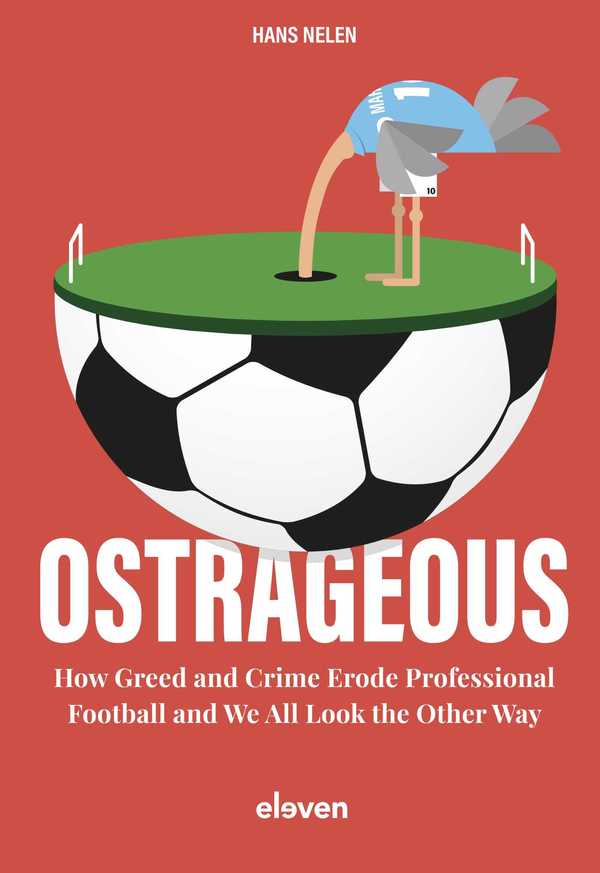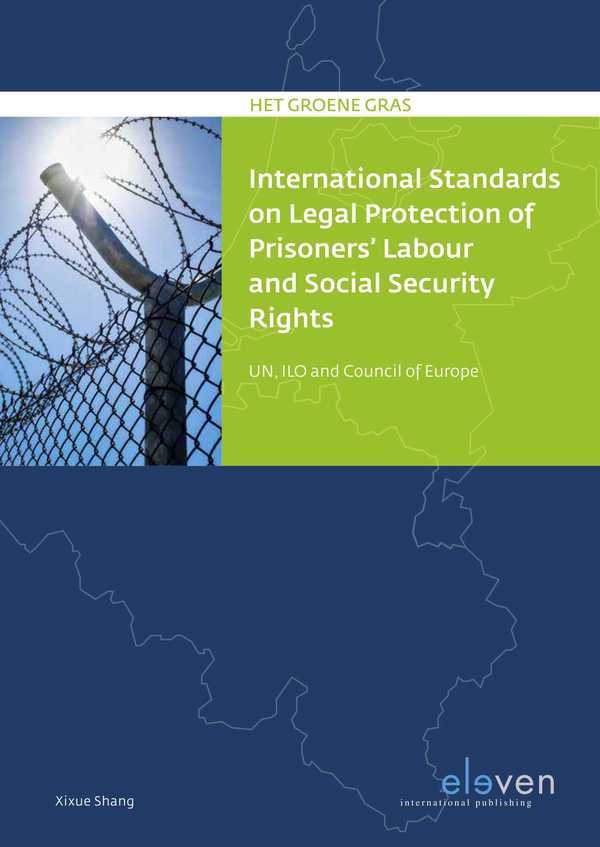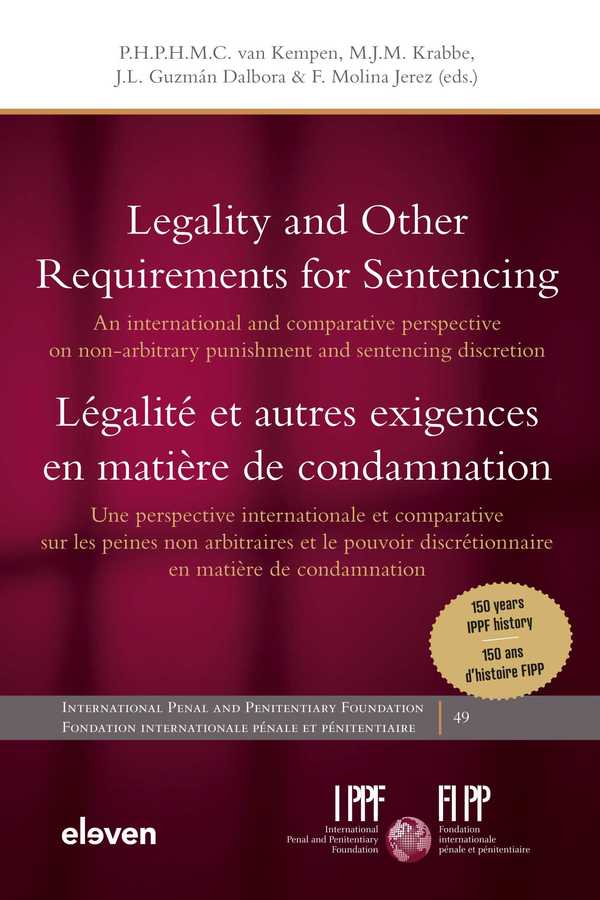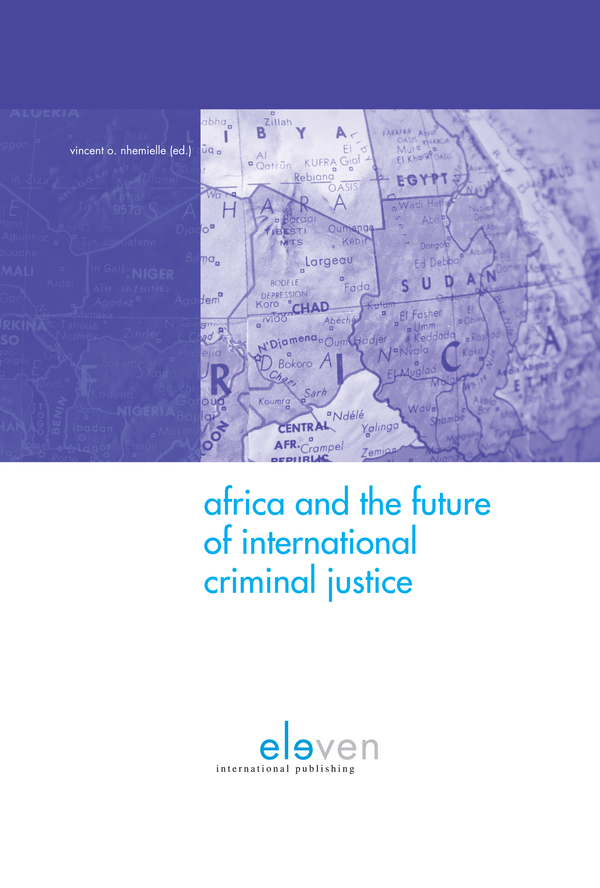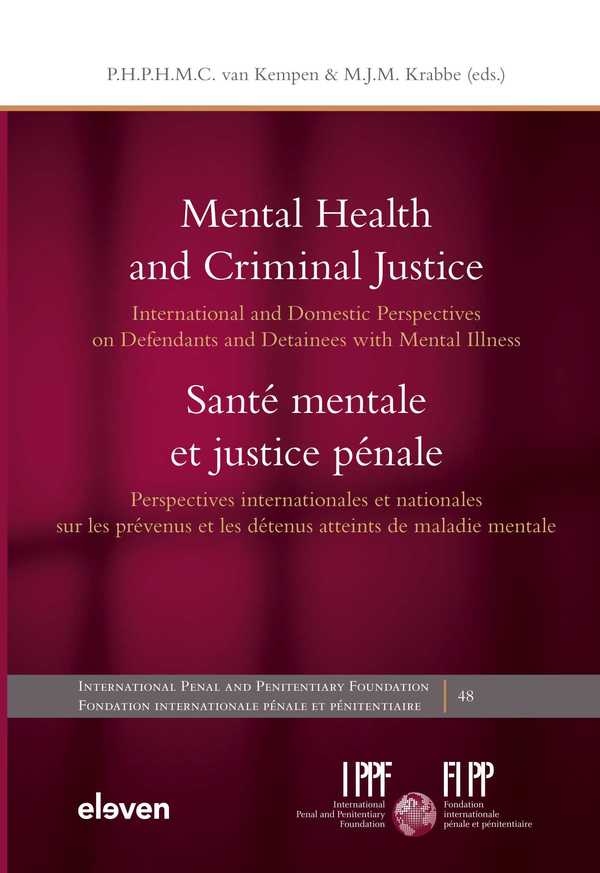
Search in catalogue Criminology
State-Building, Lawmaking, and Criminal Justice in Afghanistan
A case study of the prison system’s legal mandate, and the rehabilitation programmes in Pul-e-charkhi prison
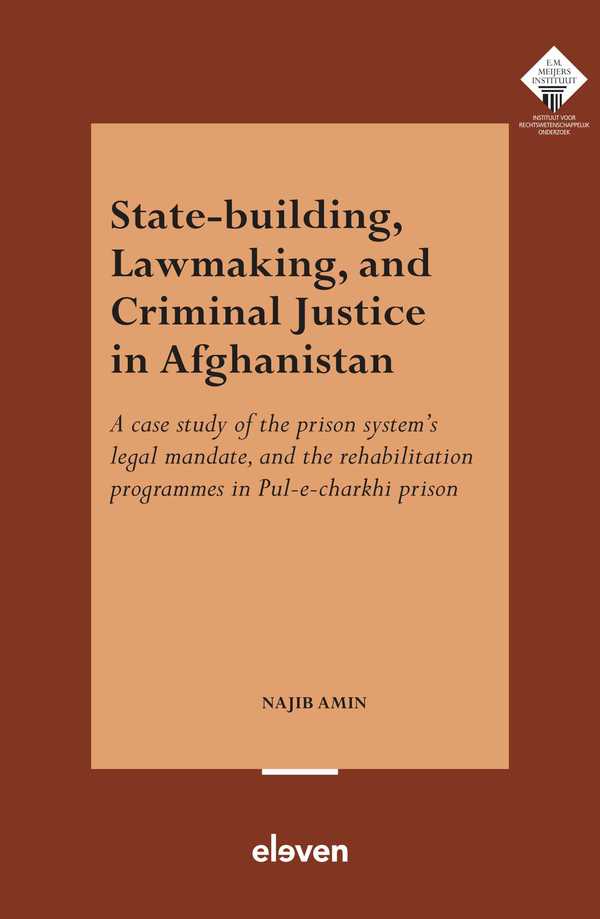
|
|
| Author: | N. Amin |
| Series: | E.M. Meijers Instituut voor Rechtswetenschappelijk Onderzoek (volume 402) |
| 978‐90‐4730‐156‐1 | 1st edition | € 104.50 |
| 978‐94‐0011‐304‐6 | ebook | € 104.50 |
Afghanistan is often viewed as a failing state. The international intervention, following 9/11, could fit with the country’s domestic modernisation efforts, King Ammanullah’s in the 1920s and Zahir Shah’s in the 1960s. Yet, such developments had been stalled time and again, first due to conservative resistance, then the 1979 Soviet occupation, and the subsequent rise of Mujahidin and Taliban. The post-2001 overhaul remained an outsider’s enterprise and lacked proper connection to Afghanistan’s political and legal institutions. Interventions in the criminal justice sector focused more on the War on Terror than on the development of criminal justice institutions such as prisons.
Historically, various Afghan regimes used prisons to lock up adversaries. Each regime change, saw prisoners become wardens and vice versa and prison management was dominated by the military. Pul-e-charkhi, a Russian era and high security prison near Kabul, with app. 13000 prisoners – half of them being Taliban fighters – was a case study. The author conducted numerous interviews with inmates about their conditions, hoping to help improve the prison’s rehabilitation efforts. Yet, apart from some education and industrial programmes, rehabilitation activities remained very limited. At present, the Taliban are in control again. This study offers little hope for short-term improvements.
This is a volume in the series of the Meijers Research Institute and Graduate School of the Leiden Law School of Leiden University. This study is part of the Law School’s research programme ‘Criminal Justice: Legitimacy, Accountability and Effectivity’ and research programme ‘Effective Protection of Fundamental Rights in a pluralist world’.
Author's information
Najib Amin is an Afghan lawyer and development practitioner. He has been a faculty member and lecturer at Kabul Law School since 2002. In addition to his academic role, Najib served in other key capacities, including as the undersecretary for the Afghan Cabinet, Commissioner for Civil Service Reform, and Director General for Civil Service Appointments Board. In his most recent role, Najib advised the Afghan government on the situation of the Islamic Republic of Afghanistan at the International Criminal Court.
